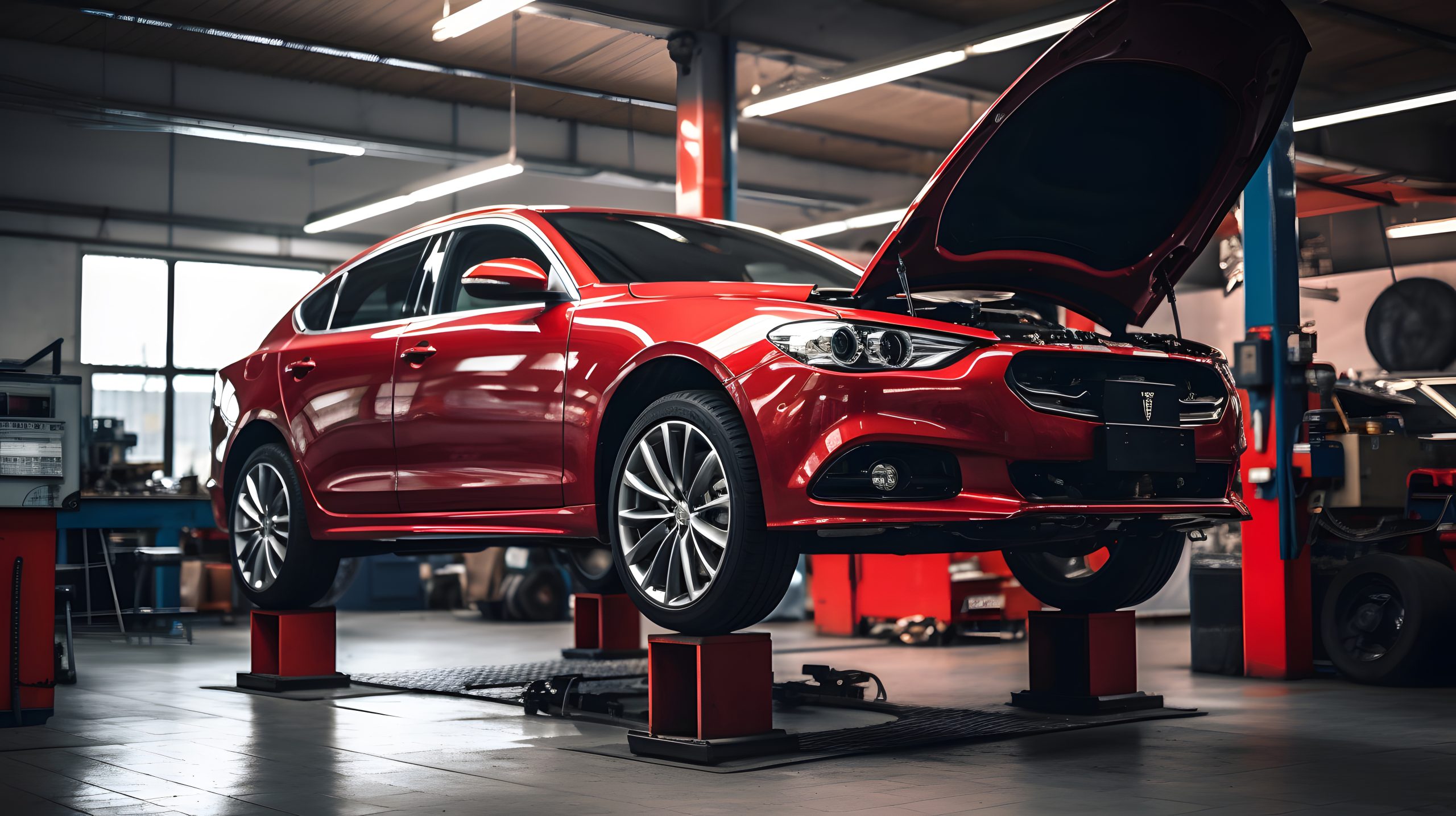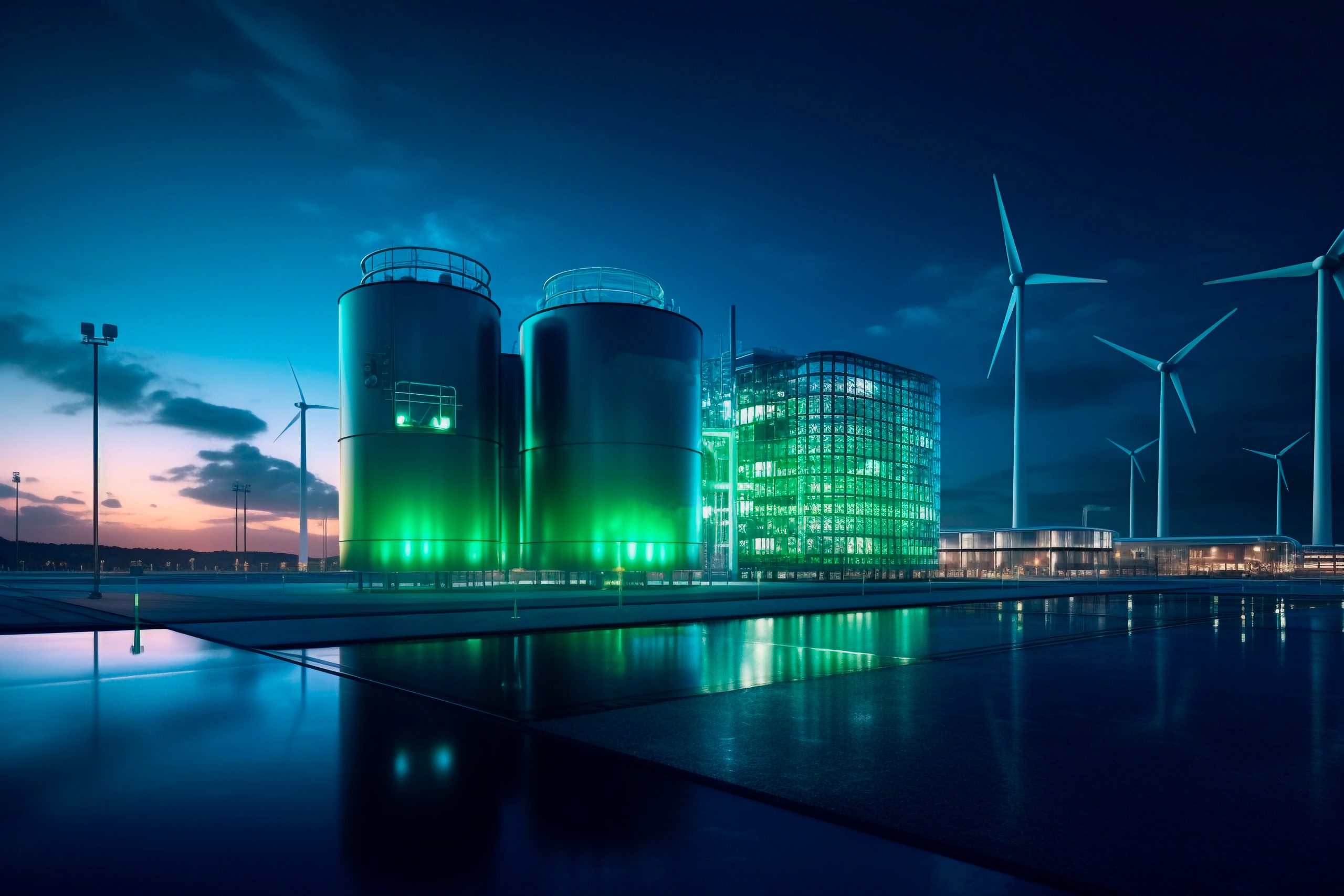Hydrogen Vehicle Purchase Conundrum: Growth in Japan but Decline Globally

Despite growth in Japan, American and South Korean sales decline – due to fueling outages and escalating H2 fuel costs.
Global sales of hydrogen fuel cell motor vehicles declined by 36.4%. Q1 2024 with only 2382 units sold in comparison to 3743 units in Q1 2023 (SNE Research). This descent underscores the ongoing challenges encountered by the hydrogen automobile market.
Many culminating descents were observed in the US and sales dropped from 69.5%, 731 vehicles in Q1 2023 to 223 in Q1 2024. Followed by South Korea, with a decrease in sales from 1,914 to 623 (-67%). These descents can be explained by the optimization of fuelling outages and significant rises in hydrogen fuelling costs that deter FCEV consumers despite differences in manufacturers’ discounts.
Contrary to the above, Europe and Japan partook in notable growth of hydrogen vehicle sales. European sales rose by 137.4%, from 128 in Q1 2023 to 432 in Q1 2024. Japan also saw a significant increase, with sales climbing from 113 to 262 vehicles over the same period.
China Maintains Leadership Despite Quarterly Descent:
Northeast Asia, mainly China, remains the largest global market for FCEV sales attaining a 3.8% increase from 793 vehicles in Q1 2023 to 823 in Q1 2024. Nevertheless, sales dropped by over 60% compared to the previous quarter (Q4 2023), when 2,095 vehicles were sold. China’s share of the global market now stands at 34.6%.
Industry Challenges and Market Trends:
SNE Research remarks that the hydrogen automobile market recorded a 30.2% decline in 2023, with this downward trend depreciating in 2024. The primary aspects contributing to this descent comprise impaired hydrogen fuelling infrastructure, rising fuel costs, incidents implicating defective hydrogen, and unresolved cases with fuel cell durability.
These components include bad hydrogen fuelling infrastructure, increasing fuel costs, accidents involving faulty hydrogen, and remaining issues relating to fuel cell longevity.
Hyundai, formerly the world’s leading FCEV manufacturer was overtaken by Toyota. This shift is primarily due to a substantial descent in sales in South Korea, where the only hydrogen car available is Hyundai’s Nexo.
- Global sales of Hyundai’s FCEVs (Nexo car and Elec City bus) fell by 66.2% from 2,044 in Q1 2023 to 691 in Q1 2024.
- In contrast, Toyota’s FCEV sales saw a smaller decline, from 906 in Q1 2023 to 868 in Q1 2024.
Commercial FCEVs, including trucks, vans, and buses, accounted for a third of global sales in Q1 2024, with China selling 801 commercial vehicles compared to 793 in Q1 2023. Notably, no record of any sales from other commercial FCEV manufacturers such as Polaris, Stellantis, Hyzon, or Nikola.
Contrary to the above, Europe and Japan partook in notable growth of hydrogen vehicle sales. European sales rose by 137.4%, from 128 in Q1 2023 to 432 in Q1 2024. Japan also saw a significant increase, with sales climbing from 113 to 262 vehicles over the same period.
China Maintains Leadership Despite Quarterly Descent:
Northeast Asia, mainly China, remains the largest global market for FCEV sales attaining a 3.8% increase from 793 vehicles in Q1 2023 to 823 in Q1 2024. Nevertheless, sales dropped by over 60% compared to the previous quarter (Q4 2023), when 2,095 vehicles were sold. China’s share of the global market now stands at 34.6%.
SNE Research remarks that the hydrogen automobile market recorded a 30.2% decline in 2023, with this downward trend depreciating in 2024. The primary aspects contributing to this descent comprise impaired hydrogen fuelling infrastructure, rising fuel costs, incidents implicating defective hydrogen, and unresolved cases with fuel cell durability.
These components include bad hydrogen fuelling infrastructure, increasing fuel costs, accidents involving faulty hydrogen, and remaining issues relating to fuel cell longevity.
Industry Challenges and Market Trends:
Hyundai, formerly the world’s leading FCEV manufacturer was overtaken by Toyota. This shift is primarily due to a substantial descent in sales in South Korea, where the only hydrogen car available is Hyundai’s Nexo.
- Global sales of Hyundai’s FCEVs (Nexo car and Elec City bus) fell by 66.2% from 2,044 in Q1 2023 to 691 in Q1 2024.
- In contrast, Toyota’s FCEV sales saw a smaller decline, from 906 in Q1 2023 to 868 in Q1 2024.
Commercial FCEVs, including trucks, vans, and buses, accounted for a third of global sales in Q1 2024, with China selling 801 commercial vehicles compared to 793 in Q1 2023. Notably, no record of any sales from other commercial FCEV manufacturers such as Polaris, Stellantis, Hyzon, or Nikola.

